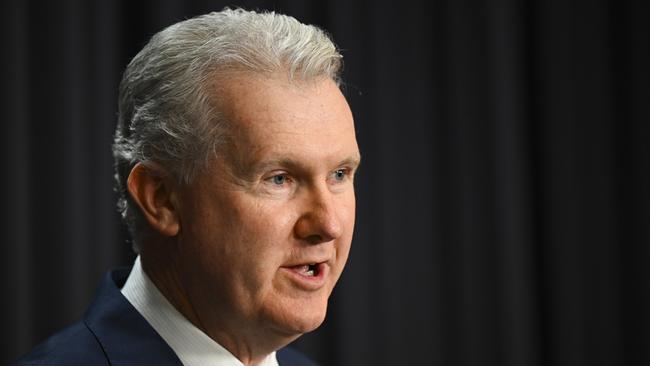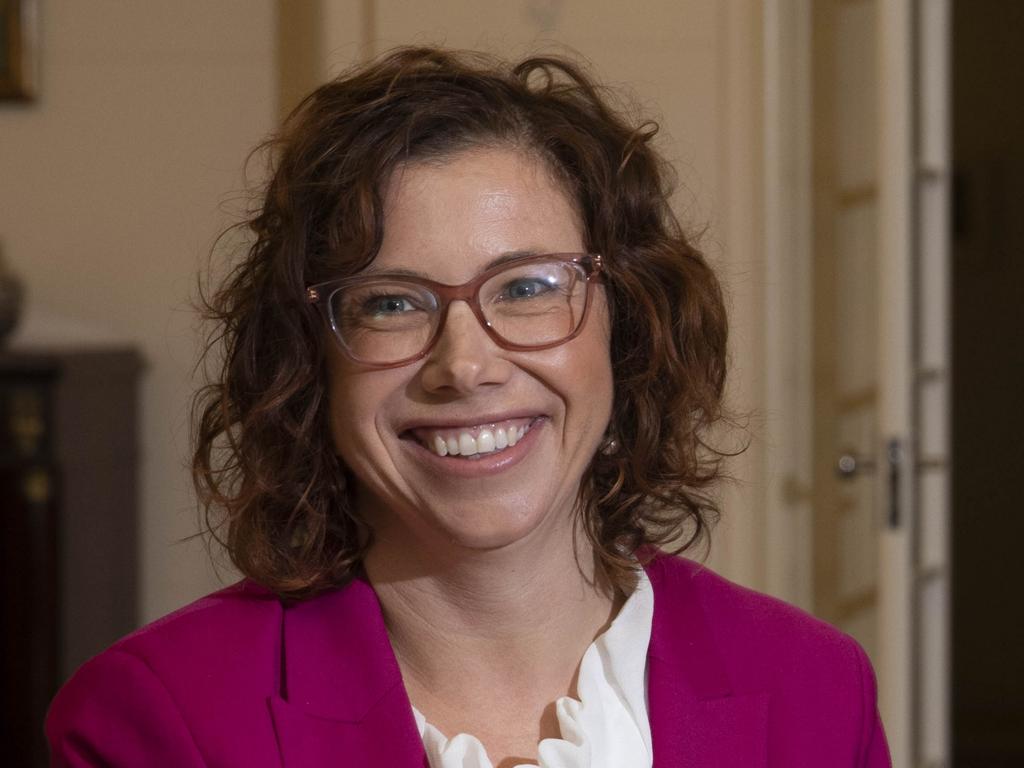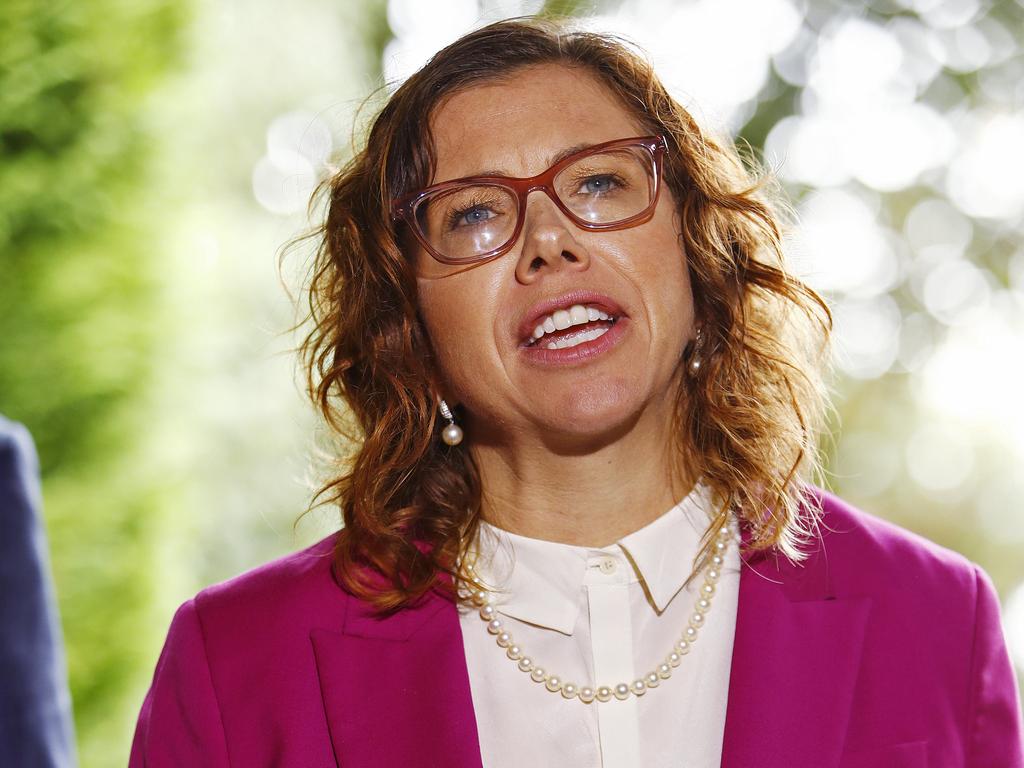Domestic violence relief at top of first week’s priorities
More than 11 million Australians – including casual workers – will have access to 10 days of paid family and domestic violence leave per year.

More than 11 million Australians – including casual workers – will have access to 10 days of paid family and domestic violence leave per year as Labor sharpens its industrial relations reforms ahead of its Jobs and Skills Summit with unions and employers in September.
The business-pays entitlement scheme will be accessed by workers from February 1 next year, with small business owners given a six-month reprieve to get their training and systems in place.
Under the landmark legislation, which will be put into parliament on Thursday, employers will be allowed to either accept a request for leave or ask for documentary evidence including domestic violence orders, police reports, doctors’ certificates and counsellor notes. Workers will be eligible to access a fresh 10 days leave if they move between jobs, with employers paying the entitlement directly.
With one woman killed every 10 days in Australia by a current or former partner, Industrial Relations Minister Tony Burke said the government doesn’t want a system where “some workers get paid leave and others don’t”.
“It has to apply to everyone. Casual workers are not spared from family and domestic violence. In fact, women who are experiencing family and domestic violence are more likely to be employed in casual work,” he said.
“We cannot leave them behind. That’s why this has to be a universal entitlement. The union movement has fought hard for this through the Fair Work Commission. And some businesses have already done the right thing and established this entitlement.”
Following a meeting of women’s ministers in Adelaide last week, the Albanese government pledged to release its 2022-33 national plan to end violence against women and children by October.
Analysis by the FWC last year found liability costs for businesses to service the family and domestic violence leave would likely be minimal.
The legislation has been backed by big business, with some employers already introducing family violence leave. Larger employers had asked the government to give smaller businesses more time to get their systems in place.
Social Services Minister Amanda Rishworth said the leave scheme would give workers the means to escape violent situations without risking their jobs or financial security.
“We are prioritising this important legislation to increase paid leave for family and domestic violence and introducing it in the first sitting week. This shows our resolve to removing the barriers faced by those escaping violence,” Ms Rishworth said.
“We don’t want to see the next generation of men and women grappling with this scourge of family and domestic violence.”
The paid family and domestic violence leave amendment bill amends the Fair Work Act by introducing an annual 10-days entitlement into the National Employment Standards.
The new entitlements scheme follows another major workplace relations announcement from Mr Burke, after he confirmed Labor’s plan to immediately neuter the powers of the Australian Building and Construction Commission ahead of its abolition.
The Fair Work amendment is one of at least 18 pieces of legislation the Albanese government will introduce into parliament over the next fortnight.
Mr Burke and Ms Rishworth urged the Coalition to “do the right thing and back this important legislation”, accusing the former government of “wilfully” failing to act despite the support of business.
The Albanese government has already committed to programs addressing violence against women and children, including new funding for an additional 500 community frontline workers, affordable housing for women fleeing violence, a new Domestic, Family and Sexual Violence Commission, and consent and respectful relationships education in all schools.
Following the meeting of women’s ministers, state and territory governments backed the draft national plan to end violence against women and children and discussed the scourge of family, domestic and sexual violence, including coercive control.
Almost 60 per cent of domestic homicide victims are female, with Indigenous women 35 times more likely to experience family and domestic violence. Police receive more than 5000 calls a week – or two per minute – relating to family and domestic violence.
According to a recently published Anne Summers report based on ABS data, 60 per cent of single mothers have experienced physical and/or sexual violence by a previous partner and 71 per cent endured emotional abuse.








To join the conversation, please log in. Don't have an account? Register
Join the conversation, you are commenting as Logout